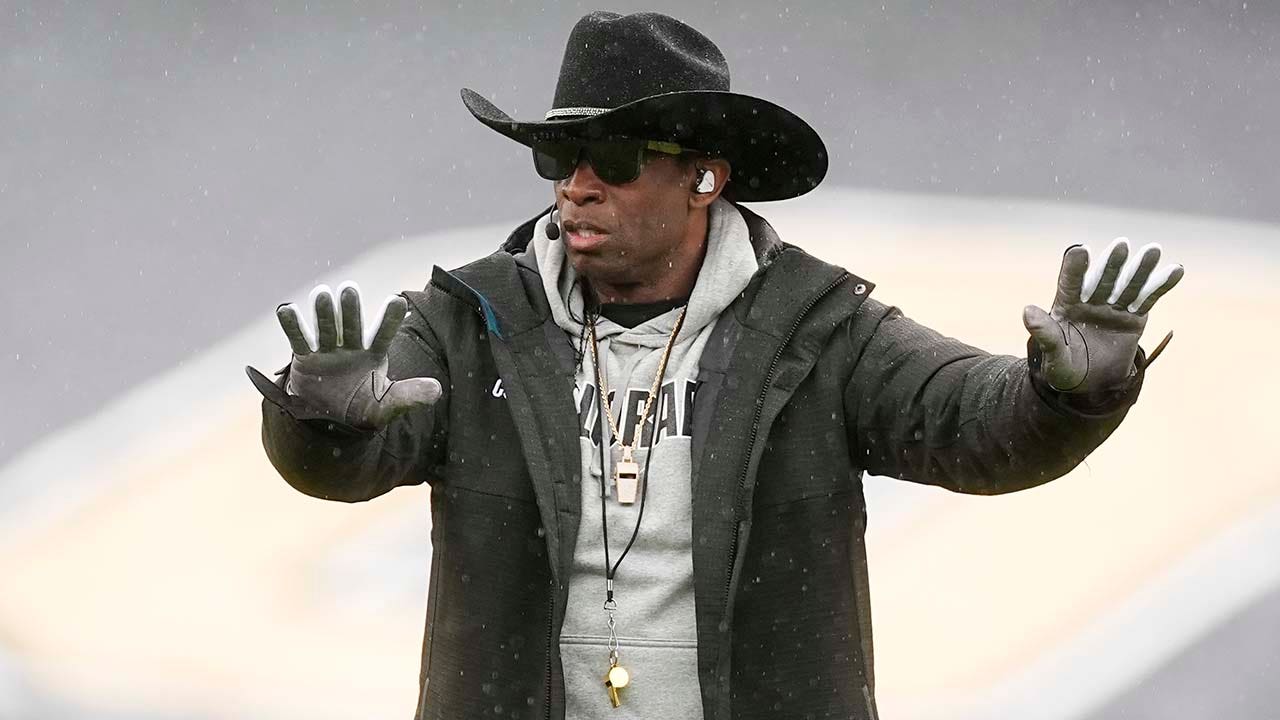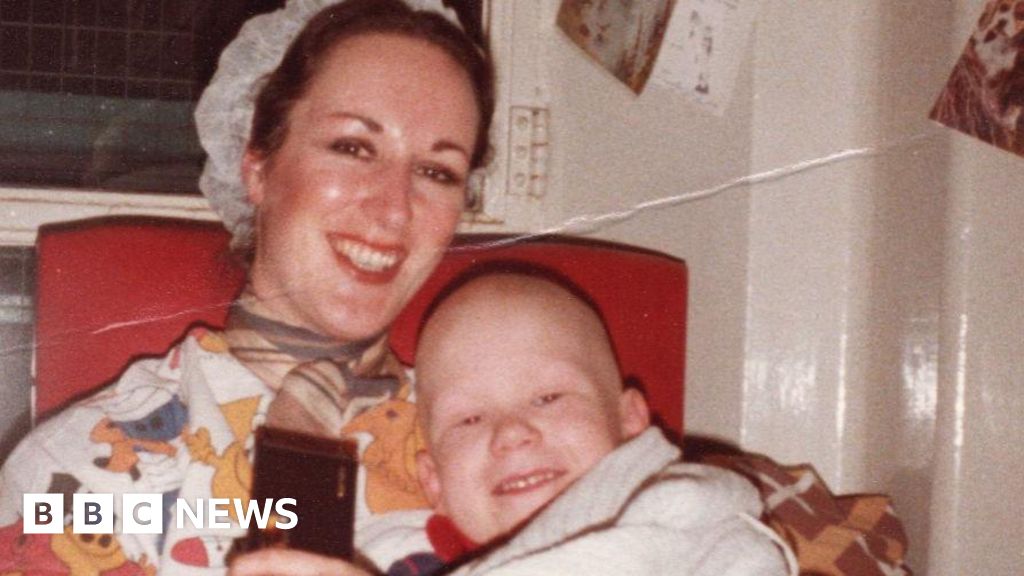The cause was complications from a stroke he had in 2011, said his agent, Clare Alexander.
As a young boy in England, reading on the banks of a Norfolk stream, Mr. Raban dreamed of becoming Huckleberry Finn and sailing far away from home. He was not exactly a daredevil outdoorsman — he suffered from asthma, and he was afraid of flying as well as the sea, despite being drawn to its water — but he went on to traverse continents and oceans, all while embarking on a similarly adventurous career as a writer of novels, plays, literary criticism and nonfiction books.
Along with authors such as Bruce Chatwin, Jan Morris, V.S. Naipaul and his friend Paul Theroux, Mr. Raban helped usher in a travel-writing revival in the 1970s and ’80s, demonstrating that the genre could incorporate history, autobiography and even bits of philosophy, not just snapshots of faraway vistas and dispatches about run-down motels.
“He did it with a view of the world that was both darkly comic and sardonic,” author Philip Marsden wrote in a Guardian tribute, “delivered in prose that can pierce your heart with its accuracy.”
Mr. Raban’s first travel book, “Arabia: A Journey Through the Labyrinth” (1979), transported readers to the Middle East, where he wrote about the beauty and squalor of desert towns and cities such as Cairo, which — as he saw it — seemed to have an unusual obsession with death. “Perhaps they couldn’t live in the shadow of the pyramids,” he speculated, “without being infected with a pharaonic taste for preserving corpses and putting up memorials.”
But he found that he was less comfortable in the desert than on the water, which to him embodied “freedom and solitude.” He set many of his later books on rivers and oceans, which he described in prose that was clear, direct and rhythmic as the waves: Puget Sound was “a drowned rift valley,” the Atlantic was “an evenly laid wash of flannel gray,” the Pacific was “like a bolt of gray silk, lightly undulating” and the North Sea was “as calm and full of mercurial color as a pool of motor oil.”
Mr. Raban eventually fulfilled his Huck Finn fantasy with a trip down the Mississippi River for his book “Old Glory: An American Voyage” (1981), and bought a 40-foot ketch to sail alone around England, Scotland and Wales for “Coasting: A Private Voyage” (1986). It was far from a glamorous voyage — he compared the boat’s launch to “the eccentric submersion of a thatched tudor cottage” — but spurred meditations on his relationship to his home country and to his father, a World War II veteran and Anglican clergyman.
“England really was my father’s land, not mine,” he wrote. “It was the country where the uniformed warrior-priest, returned hero and man of God, was at home. Blue-chinned, six-foot-two, robed in antique black and puffing smoke like a storybook dragon, my father was a true Englishman — and I knew that I was always going to be far too puny, too weak-spirited, ever to wear his clothes except in make-believe.”
Mr. Raban moved to Seattle in 1990, looking for a fresh start in the United States, and won the National Book Critics Circle Award for “Bad Land: An American Romance” (1996), a travelogue about the early 20th-century homesteaders who settled the prairies of eastern Montana. He received further acclaim for “Passage to Juneau” (1999), about his weeks-long voyage through Alaska’s Inner Passage. The trip coincided with the death of his father and the breakup of his third marriage, which occurred when his wife left him on a beach in Alaska, sending him reaching for his notebook to jot down what he thought and felt.
“It’s the great consolation of the writer, I think. You’re given these catastrophes — and they’re gifts,” he told the Guardian in 2006. He added, “There was a bit of me that was thinking, ‘God, this is going to be good for the book.’”
“Graham Greene made that remark that at the heart of every writer there needs to be a sliver of ice, and I sometimes think that ice — that splinter — is a terrific consolation: the thing outside yourself that measures the worst possible experience; and think, ‘What kind of simile springs to mind here?’”
Jonathan Mark Hamilton Priaulx Raban was born in Fakenham, Norfolk, on June 14, 1942. He was 3 when his father, a British Army captain, came home from war. His mother wrote short stories for women’s magazines and taught him to read, kicking off a literary journey that led him to devour novels by Evelyn Waugh and Charles Dickens, as well as the 19th-century travel writing of Alexander William Kinglake.
“Books admitted me to their world open-handedly, as people, for the most part, did not,” Mr. Raban wrote in “For Love & Money” (1987), a nonfiction collection.
After graduating from boarding school, he studied English at the University of Hull, where he befriended the head librarian, poet Philip Larkin. He later taught at schools including the University of East Anglia, and made his publishing debut with an inauspicious collection of literary criticism, “The Technique of Modern Fiction” (1968). Benny Green, an author and musician, wrote that the book “reduced me to a condition of narcolepsy that could hardly have been more acute without actually killing me.”
But Mr. Raban found increasing success as a freelance writer after moving to London the next year. He wrote radio plays for the BBC, contributed to publications including the New Review and went on weekend fishing trips with American poet Robert Lowell, whose basement he lived in for a time. In addition to doing his own writing, he edited a collection of Lowell’s selected poems and a literary anthology, “The Oxford Book of the Sea” (1992).
Mr. Raban’s first novel, “Foreign Land” (1985), drew on his experience returning to Britain after months traveling overseas. He later wrote about his adopted country in “Waxwings” (2003), a satirical exploration of the American Dream, which was longlisted for the Man Booker Prize.
His other nonfiction books include “Hunting Mister Heartbreak” (1990), for which he sailed from Liverpool to New York aboard a container ship, and the collections “My Holy War” (2005) and “Driving Home” (2010), for which he turned his attention to life in the United States after 9/11.
By then he was largely land-bound: He had sold his boat, partly because he felt he had exhausted sailing as a subject and partly because he had grown tired of interacting with conservatives on the water. “Want to meet Republicans in this part of the world? They all have boats,” he said.
Mr. Raban was married and divorced three times, to Bridget Johnson, a fellow student he met in college; Caroline Cuthbert, an art consultant and curator; and Jean Lenihan, an American arts journalist. Survivors include a daughter, Julia, from his third marriage.
After suffering a stroke a few days before he turned 69, Mr. Raban used a wheelchair and spent time in rehab, relearning how to use his body. He also began immersing himself in the history of stroke patients and examined old letters from his parents, seeking to connect his experience to other threads of his life.
“I remember a doctor came to the rehabilitation ward, about my age, and said, ‘Oh, you’re the one who used to be a writer,’” Mr. Raban recalled in a 2016 Guardian interview. “I told him, ‘I’m still a writer, and I intend to write about this.’”
The resulting memoir, “Father and Son,” is scheduled for publication in September.















































